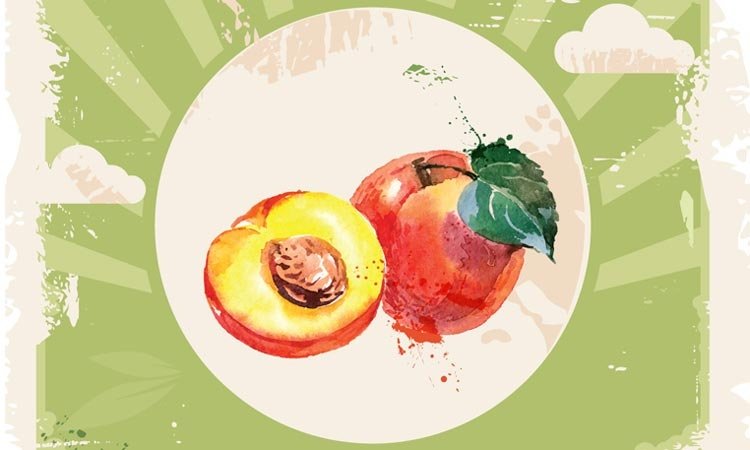When I was eight years old, my family and I watched a BBC documentary featuring a group of British WW2 veterans who had fought in North Africa. Throughout the film, the veterans related their wartime experiences, most of which were accounts of withstanding hunger, terror, and deprivation on the path to victory. Although these stories were moving, the most unforgettable one for me was a different sort of tale. It was related by a frail, white-haired gentleman who smiled warmly and said that his most unforgettable experience was when he was gifted a peach!
He explained that his division had been captured by the Italian army, and he and his fellow soldiers brought to Italy. Their captors paraded them through the streets and did their best to publicly humiliate them. Passersby joined in, taunting them, spitting at them, and venting their anger and resentment.
Suddenly, from among the jeering crowd, “a young girl stepped out, stuffed a peach into my hand, and then darted away before I could thank her,” the veteran recounted. “It was the most delicious peach I had ever eaten.”
The veteran was well into his seventies, but his eyes sparkled as he told the tale of this Italian girl who had shown him kindness during a time of deep hatred and enmity between the two warring countries. In his hour of shame and despair, this nameless girl defied social pressure to reach out with a simple, sincere gift of compassion. She looked beyond his status as a soldier of an enemy country and saw him as a hurting human being in need of kindness. He remembered that peach through the tough years that followed as the war slowly drew to an end, and later whenever he needed strength to hold on to hope, to leave the hurt and pain of the war behind, and to start a new life.
She probably thought little of her deed; it was “only” a peach, after all. She probably never dreamed that he would cherish her benevolence for the rest of his life, and that the story would be featured in a documentary that has probably inspired others to pass this story on, as I’m doing.
The apostle James described this ripple effect when he wrote, “The fruit of righteousness is sown in peace by those who make peace.” 1 May we make peace by sharing “peaches” of love and mercy, even when it is risky or unconventional, for the “fruit of righteousness” that will be sown—the weary souls strengthened, the sad hearts gladdened, the lonely ones loved—is well worth the cost.
- James 3:18 ↑
